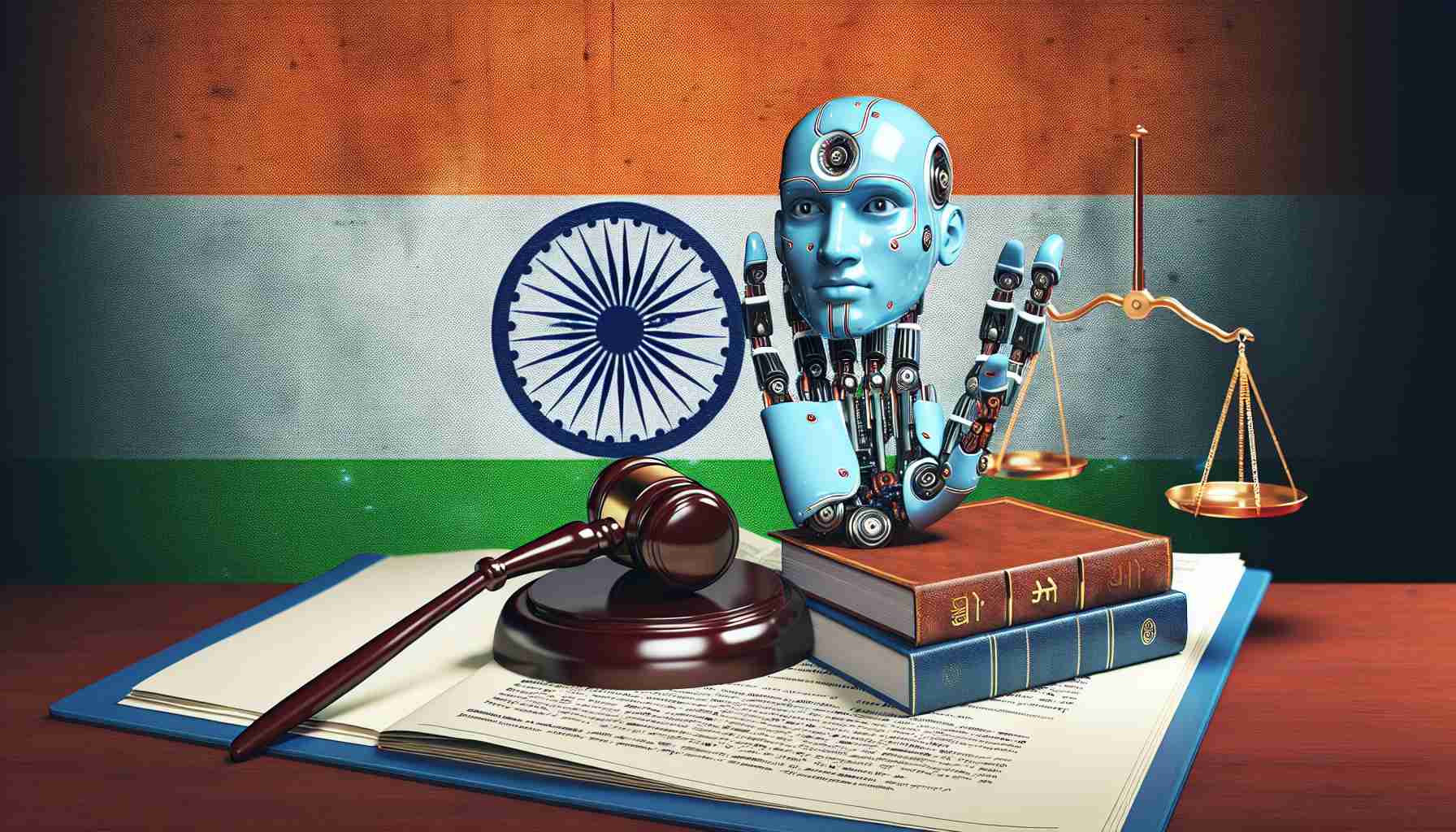India is taking a major step in addressing the challenges posed by artificial intelligence (AI) by planning to enact legislation on AI regulation. The country has recognized the need for a robust regulatory framework to tackle various issues arising from the rapid growth of technology. Union Minister of Electronics & Information Technology, Ashwini Vaishnaw, announced that the legislative process could begin after the conclusion of the general election.
The Indian government had previously issued an advisory, requiring tech companies to seek “explicit permission” before deploying under-tested or unreliable AI models in the country. However, following concerns raised by startups, the advisory was withdrawn. Instead, companies are now mandated to include visible labels indicating the “possible inherent fallibility or unreliability of the output generated.”
In a recent interview with Economic Times, Ashwini Vaishnaw elaborated on the government’s plans to establish a regulatory structure for AI. While the idea of a self-regulatory body was considered, they believe that legislative methods are necessary for effective regulation. The industry has already been consulted, and a formal consultation process will be initiated after the elections, leading to the creation of legislation.
The proposed regulations aim to strike a balance that ensures innovation and creativity are not hindered. They will address concerns related to copyright, financial operations, and commercial activities. Preserving intellectual property also emerges as a crucial challenge. Influential authors like Margaret Atwood, Jonathan Franzen, and James Patterson have expressed concerns over the use of their copyrighted work by tech giants for AI training or generating content. In fact, The New York Times has filed a lawsuit against OpenAI and Microsoft for the unauthorized use of its news articles in training their chatbot.
In India, the Digital News Publishers Association (DNPA) has requested copyright protection against AI models. The upcoming AI regulations are expected to address these challenges and provide solutions to ensure the safeguarding of intellectual property.
FAQs about India’s Artificial Intelligence Legislation
Q: What is the purpose of India’s AI legislation?
India’s AI legislation aims to establish regulations to address various challenges arising from the growth of technology, including concerns related to copyright, financial operations, and commercial activities.
Q: Why was the advisory requiring permission for deploying AI models withdrawn?
Following concerns from startups, the Indian government withdrew the advisory and replaced it with a requirement for visible labels indicating the potential fallibility or unreliability of AI model outputs.
Q: How will the legislative process for AI regulation be initiated?
After the general election, the Indian government will launch a formal consultation process to engage with the industry and stakeholders. This will lead to the creation of legislation for regulating AI.
Q: What challenges are related to intellectual property in AI?
The use of copyrighted work by tech giants for AI training or content generation has raised concerns regarding intellectual property. Authors and organizations, such as The New York Times, are seeking protection against unauthorized usage.
Q: How will the upcoming AI regulations address these challenges?
The upcoming AI regulations in India are expected to provide solutions to protect intellectual property rights and ensure that copyrighted work is not used without permission by AI models.
The artificial intelligence (AI) industry is experiencing rapid growth in India, prompting the government to propose legislation for its regulation. This move comes after the issuance of an advisory that required tech companies to seek permission before deploying under-tested or unreliable AI models. However, this advisory was later withdrawn in favor of visible labels indicating the fallibility or unreliability of AI outputs.
To establish a robust regulatory framework, the Indian government plans to engage with the industry and stakeholders through a formal consultation process after the general election. The proposed regulations will address various concerns related to copyright, financial operations, and commercial activities. Preserving intellectual property rights is a crucial challenge, as authors like Margaret Atwood, Jonathan Franzen, and James Patterson have voiced concerns about the unauthorized use of their copyrighted work by tech giants for AI training and content generation.
In India, the Digital News Publishers Association (DNPA) has requested copyright protection against AI models. The upcoming AI regulations are expected to provide solutions to safeguard intellectual property and ensure that copyrighted work is not used without permission by AI models.
For more information on India’s AI legislation and related topics, you can visit the following links:
1. Economic Times: Economic Times provides news and updates on various business and technology topics, including AI and its impact on industries.
2. The New York Times: The New York Times covers global news and features articles related to AI, its applications, and legal issues surrounding its use.
3. Digital News Publishers Association (DNPA): DNPA is an organization representing digital news publishers in India. They advocate for the rights and interests of publishers and have requested copyright protection against AI models.
4. OpenAI: OpenAI is an AI research organization that has faced legal challenges related to the unauthorized use of copyrighted content. Their website provides insights into AI research and development.
5. Microsoft: Microsoft is a tech giant involved in AI development and deployment. They have been sued alongside OpenAI for unauthorized use of news articles in training their AI models.
The source of the article is from the blog zaman.co.at

